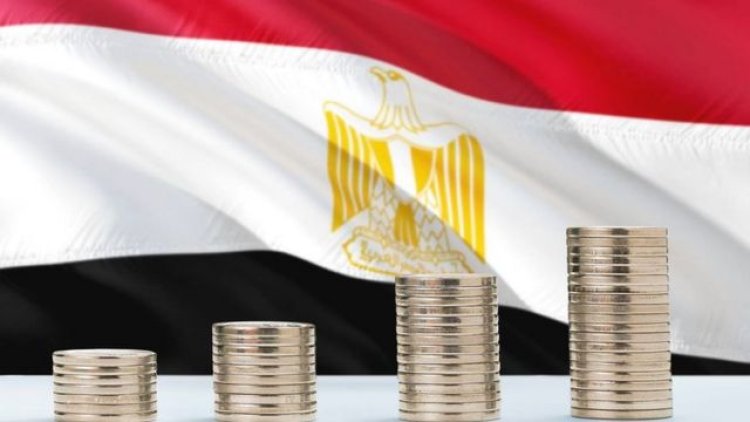Tax exemptions.. Egypt's plan to attract investments

The Egyptian government has developed a new stimulus plan for the economy, which includes granting tax exemptions on a number of industrial projects, in a move that reflects the generosity of government support to accelerate recovery and attract foreign investments.
Experts confirm that the step of providing tax facilities is of utmost importance at the present time and will not result in a deficit in the state’s general budget, but rather it is the best means of flowing revenues to the state treasury in the future.

New tax law
The current stage of granting tax exemptions to stimulate investment comes after years of abandoning this policy within the economic reform program that Egypt implemented in 2016.
Earlier this November, the Egyptian Minister of Finance, Dr. Mohamed Maait, announced that the new draft law on income taxes would be presented for community dialogue during the coming period. It is a law that promotes the end of accumulated tax files and grants many facilities to companies.
This comes after Egyptian President Abdel Fattah El-Sisi directed the government last August to grant industrial projects an exemption from all types of taxes, except value-added tax, for up to 5 years, for projects targeting strategic industries, with the aim of deepening the national industry.

International Monetary Fund
Last October, the International Monetary Fund called on Egypt to rationalize tax exemptions in order to achieve financial surpluses, fearing a deficit in the state’s general budget. But this will not be a point of contention between Egypt and the IMF in the next stage.
Economic analyst Dr. Yasser Emara said that Egypt has been pursuing a financial policy that encourages attracting investments during the recent period, in order to stimulate foreign and local investments, explaining that granting any exemptions currently results in other revenues arising from the influx of foreign investments.
He added that the market is in dire need of these exemptions, knowing that these facilities extend for short years or until the investor recovers the total capital spent on the project.
Tax exemptions in Egypt
With the International Monetary Fund asking Egypt to reduce tax exemptions, Amara said that Egypt has reached a stage where the Fund is not opposed to negotiating with the country, especially since Egypt has committed during the recent period to pay any installments owed to it and has not been late at all in paying any debt burdens. Hence, he will not oppose her new policy.
The Egyptian economic analyst called for the necessity of granting exemptions to companies listed on the stock exchange during the current period, in order to attract new companies to enter the local financial market, because tax exemptions provide a competitive market and encourage investment.
He pointed out that the government provides various tax benefits, such as tax exemption on asset revaluation for companies, as this represented a major obstacle in changing the form of companies over the past years, calling on the government to promote this and focus on it in the media, because it stimulates attracting investments.
Tax revenues in Egypt
Egypt's tax revenues increased during the first 11 months of the last fiscal year by 28.6% on an annual basis, exceeding one trillion pounds for the first time in its history, according to what Ministry of Finance data revealed.
According to the ministry’s report, Egypt’s tax revenues jumped to 1.05 trillion pounds during the period from July 2022 until the end of May 2023, compared to 816.12 billion pounds in the corresponding period of the previous fiscal year, which confirms the importance of taxes as a main source of revenue, as it represents about 80% of government revenues.


 Shrouq
Shrouq 












